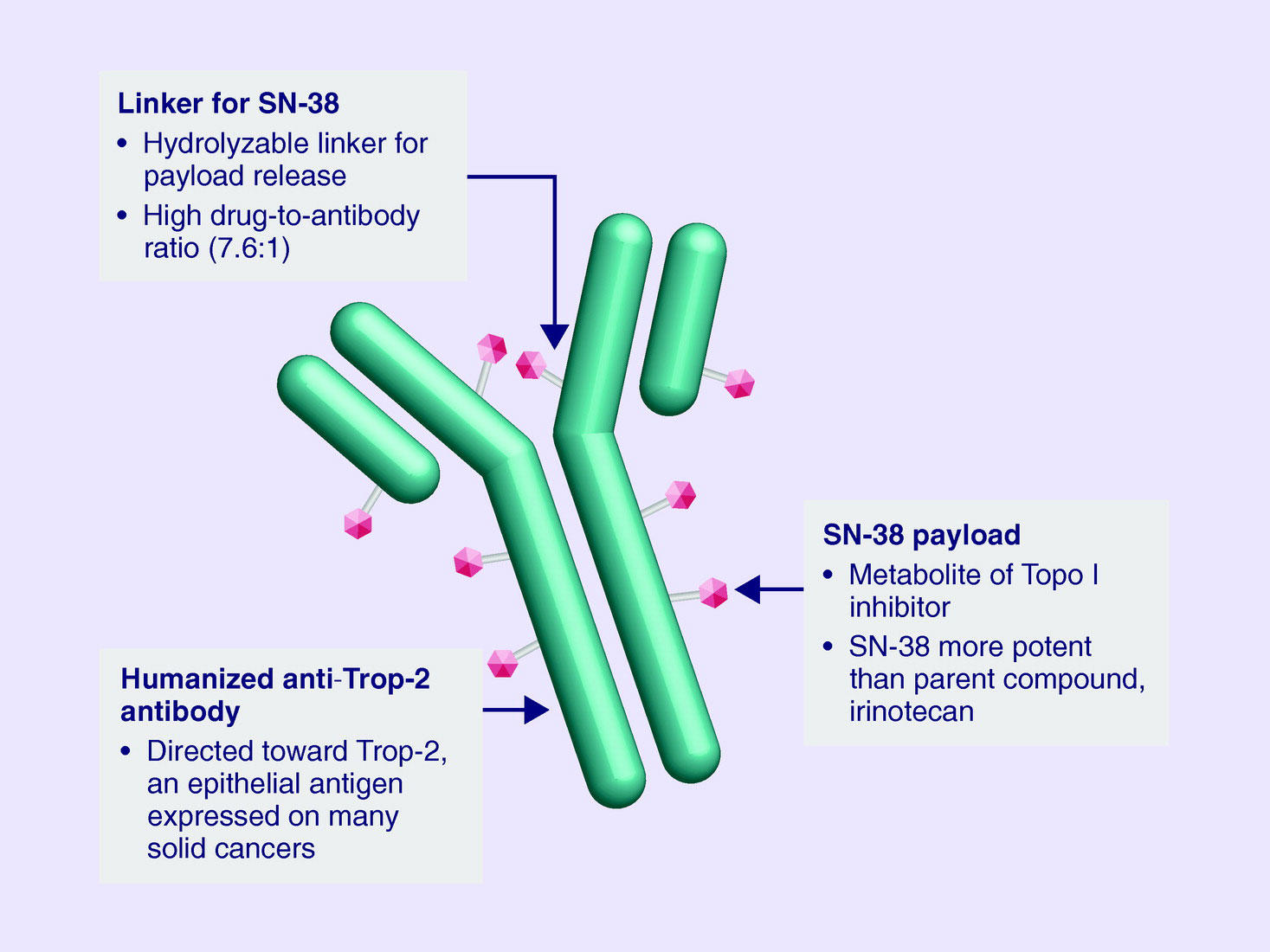

Triple negative breast cancer is often genetically determined and appears to run in families 15. These treatments will be discussed in the sections below. Although advanced triple negative breast cancer is an incurable disease that has been characterised by the lack of targeted therapies, the discovery of new targets such as the protein PD-L1 or the presence of BRCA1/2 mutations, is changing this reality 14. Several studies have demonstrated that TNBC has the highest rate of recurrence within the first 5 years since diagnosis 13.

This type of breast cancer seems to be more common in African 8, 9 and Latina women 10, as well as in women under 40 11, 12. TNBC represents approximately 10-15% of all diagnosed breast cancers 5, 6, with over 8,000 cases diagnosed every year in the UK 7. In TNBC, cancer cells do not express hormone’s or HER2 receptors. Breast cancer is usually categorised according to whether the cancer cells grow in response to different hormones or proteins. Secondary breast cancer, also referred to as advanced, metastatic or stage IV, is cancer that has spread beyond the breast and nearby lymph nodes to other parts of the body. What is Triple Negative Secondary Breast Cancer? In this blog, we will be sharing with you accessible treatments for advanced Triple Negative breast cancer. So what is it not? TNBC means the growth of cancer does not involve oestrogen, progesterone (hormones often associated with breast cancer) receptors and HER2 receptors.

Research has shown that women with advanced breast cancer often feel isolated and 67% of them feel like no one understands what they are going through 3, 4.Īs summed up by Dr Isakoff, TNBC has been defined by not what it is, but what it isn’t. Even though there are many people living with secondary breast cancer, it can often feel that it is excluded from breast cancer campaigns. Nearly a third of people diagnosed with earlier stages of breast cancer will develop advanced disease 1, 2. In the fourth blog of our partnership with Make2ndsCount, we want to share reliable information surrounding the science behind Triple Negative secondary Breast Cancer (TNBC), as well as current and future treatments available. “I want to be defined by what I am, not by what I am not” – Dr.


 0 kommentar(er)
0 kommentar(er)
